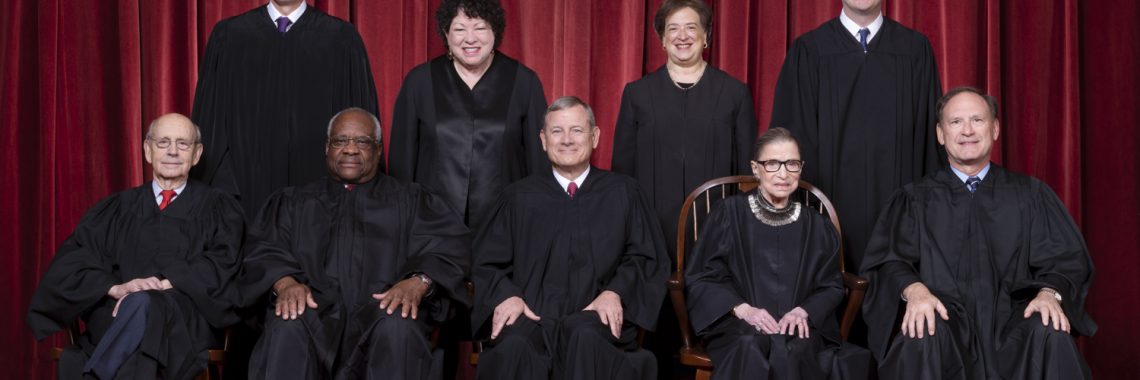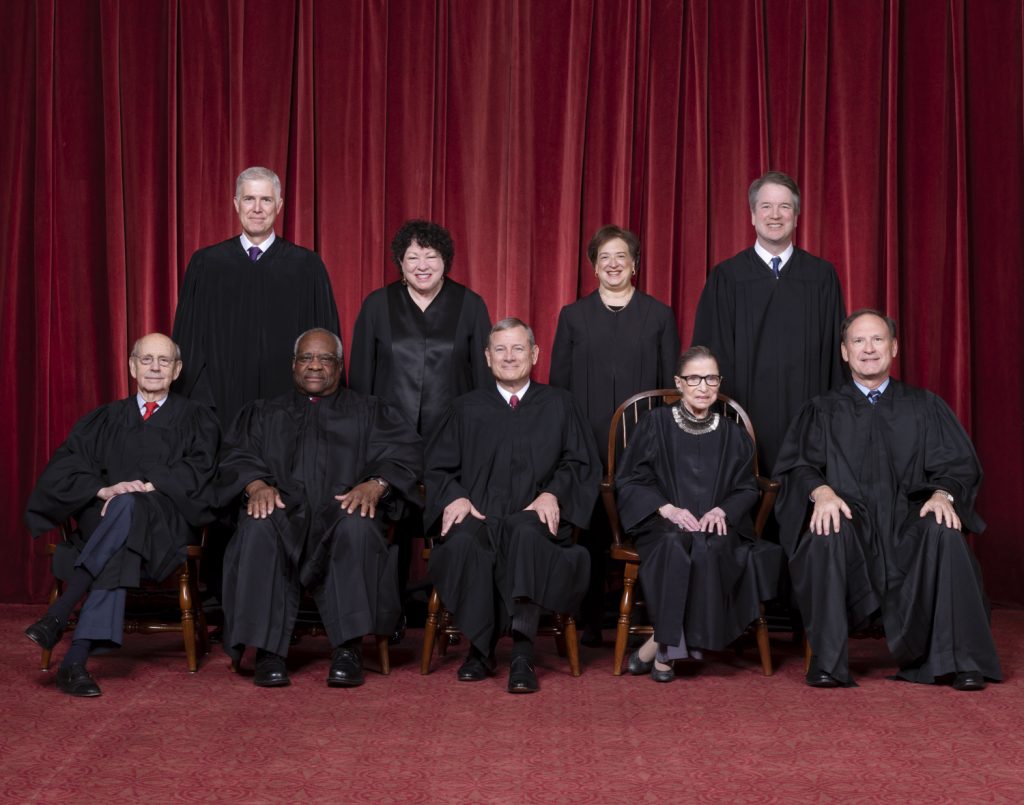On Monday the U.S. Supreme Court issued a ruling that redefines the word “sex” to include sexual-orientation and gender identity in Title VII of the federal Civil Rights Act of 1964. Below is a statement from our friends at Family Research Council in Washington, D.C., regarding this decision.
WASHINGTON, D.C. — The U.S. Supreme Court ruled today that the federal prohibition of employment discrimination based on sex in the 1964 Civil Rights Act also prohibits discrimination on the basis of “sexual orientation” and “gender identity.” The court’s insistence that a Christian funeral home must retain a transgender employee threatens its freedom to operate according to its understanding of sexuality that is rooted in the facts of science and human history. The Harris Funeral Homes, a family operated business for more than a hundred years, was challenged by a male employee who said that he would no longer follow the company dress code of wearing sex-specific clothes for work. This led to the Equal Employment Opportunity Commission (EEOC) suing the funeral home, and the case made its way to the Supreme Court.
The court consolidated the funeral home case with two other cases, Bostock v. Clayton County and Zarda v. Altitude Express, in which employers were charged with discrimination on the basis of “sexual orientation.”
Family Research Council President Tony Perkins released the following statement:
“The core issue before the Court in this case was whether it is within the legitimate power of judges to suddenly redefine the meaning of words and rewrite a 55-year-old statute. Sadly, the Court answered in the affirmative.
“Allowing judges to rewrite the Civil Rights Act to add gender identity and sexual orientation as protected classes poses a grave threat to religious liberty. We’ve already witnessed in recent years how courts have used the redefinition of words as a battering ram to crush faith-based businesses and organizations,” concluded Perkins.
Peter Sprigg, FRC’s Senior Fellow for Policy Studies, said:
“When Congress prohibited employment discrimination based on ‘sex’ in the Civil Rights Act of 1964, both their intention and the plain meaning of the word indicated that they were prohibiting discrimination against an individual because the person is biologically male or biologically female.
“We are disappointed the Supreme Court chose to radically re-write the statute by expanding its meaning to cover ‘gender identity’ and ‘sexual orientation.’ The failure of LGBT activists to achieve their goals through the democratic process is no excuse to simply bypass that process and obtain their goal by judicial fiat instead,” noted Sprigg.
-30-





